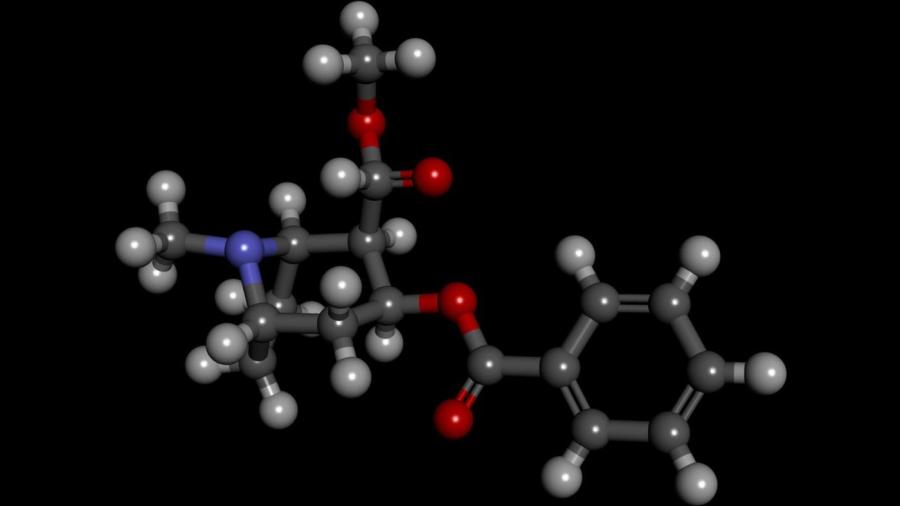What Is Benzoylecgonine?

Benzoylecgonine, also known as ecgonine benzoate, is the main metabolite of cocaine. Produced by hydrolysis, benzoylecgonine can be detected in urine for a minimum of 5 days after usage of cocaine. Heavy usage can lead to detection up to a month after usage, and it can take heavy users up to four months to clean out their system completely.
No other drug, prescription or illegal, produces the same metabolite as benzoylecgonine, making it a clear indication of cocaine usage. WebMD reports that 14 percent of adults in the United States have tried cocaine. Men between the ages of 18-25 are the biggest cocaine users.
Cocaine is a highly addictive drug that comes in two forms: powdered and crack. The drug blocks neurotransmitters such as serotonin and dopamine from being reabsorbed. This can lead to euphoric feelings such as elevated mood and a feeling of supremacy. However, it can also lead to feelings of paranoia, irritability, and anxiety. WebMD explains that cocaine use also increases heart rate and constricts blood vessels, which can lead to heart attacks, strokes, ulcers, and kidney stones.
Stopping the use of cocaine after regular usage can lead to intense withdrawal symptoms. These symptoms typically include depression, anxiety, intense craving for cocaine, aches, pains, tremors, and difficulty concentrating.





